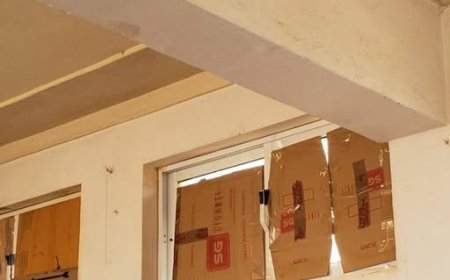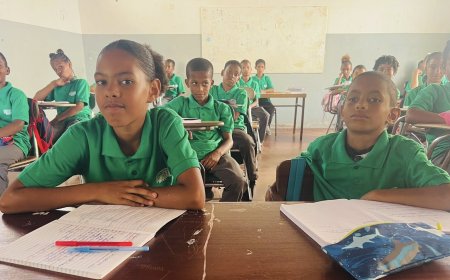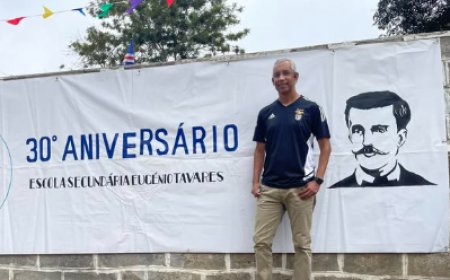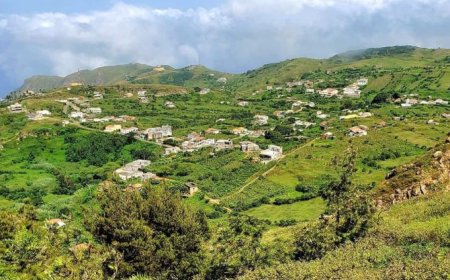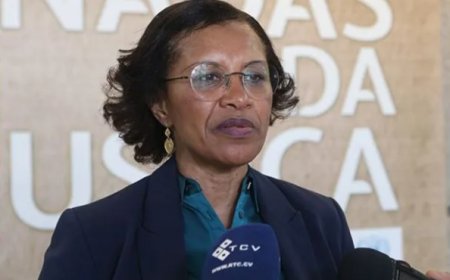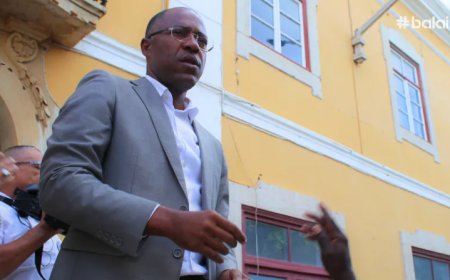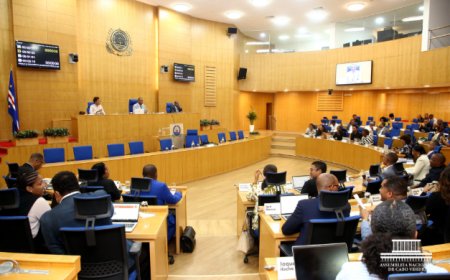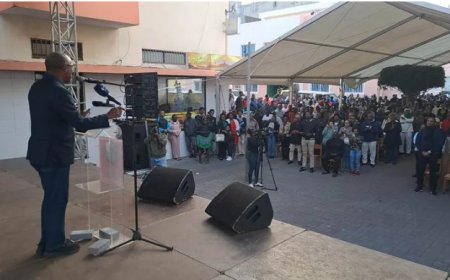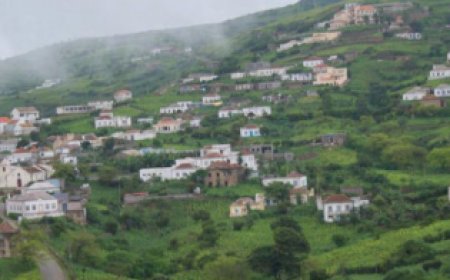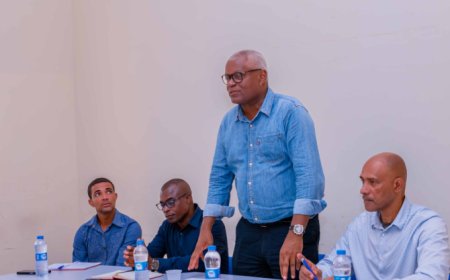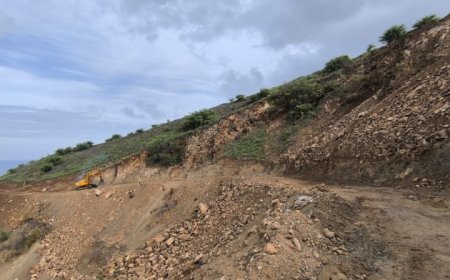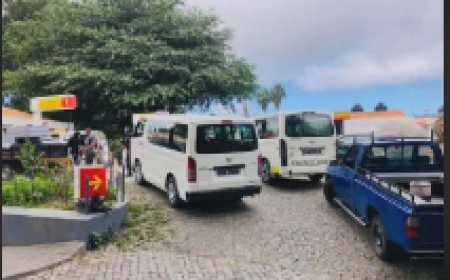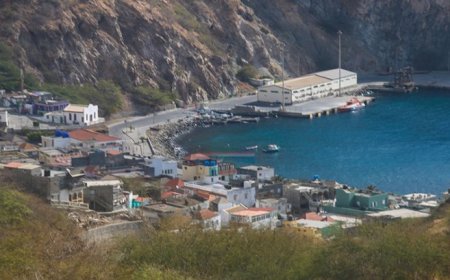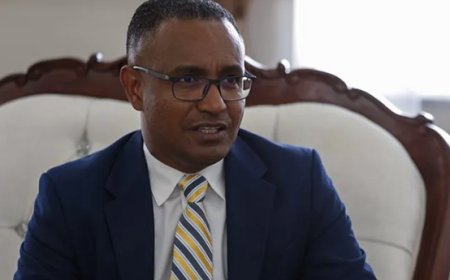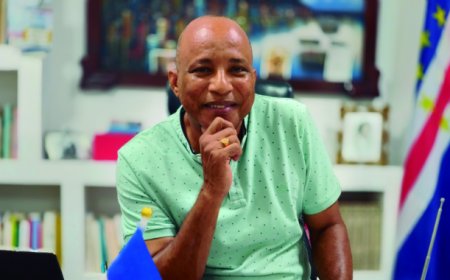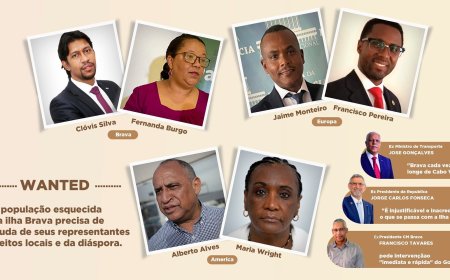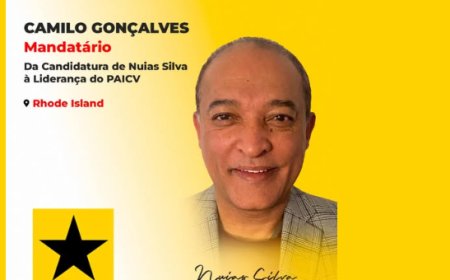PR considers that Cape Verdean democracy “does not go well” with high extreme poverty
The President of the Republic said today that Cape Verdean democracy "is not going well", justifying that around 73,000 Cape Verdeans live in extreme poverty, 46,000 in an acute food crisis, in a country with high youth unemployment.
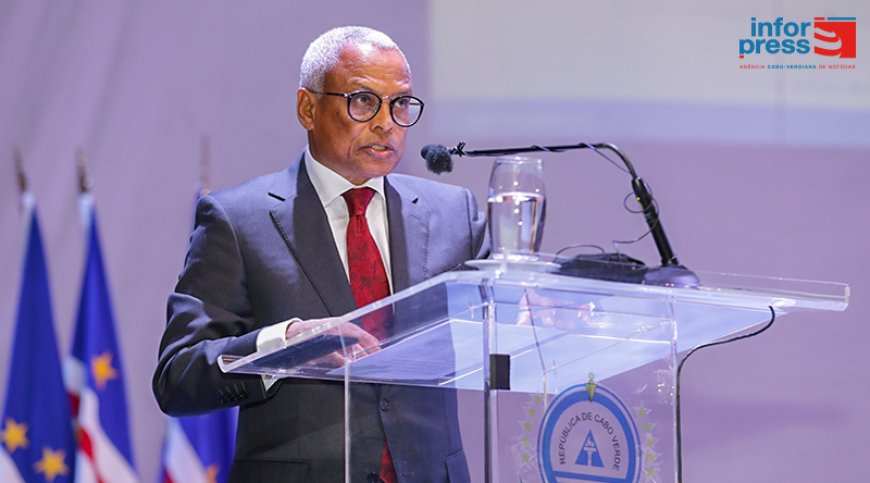
The President of the Republic said today that Cape Verdean democracy "is not going well", justifying that around 73,000 Cape Verdeans live in extreme poverty, 46,000 in an acute food crisis, in a country with high youth unemployment.
José Maria Neves expressed this concern in his message to the Nation directly from the National Assembly during the solemn session alluding to the 32nd anniversary of the 13th of January, Day of Freedom and Democracy, having argued his thesis on how inflation mainly affects the most needy families reflected in the increase of inequality.
The nation's highest magistrate made a point of emphasizing that "democracy is not limited to holding the election, however punctual it may be and its results are always respected."
“There is an urgent need for a comprehensive reform of the State and Public Administration, with structuring measures, adapting its dimensions to the country's real needs, reducing costs, boosting effectiveness and efficiency gains, with more flexibility and responding with more sophistication. to the enormous challenges of the current socioeconomic context”, he stressed.
Considering that the “condition of poverty is not an option, since it hurts human dignity and is fertile ground for conditioning the vote”, the head of state assured that this reform, if “well conceived and implemented, will be capable of to have effects in reducing State operating expenses, freeing up means to combat poverty and inequality.
“Democracy is also achieved, and the Constitution is fulfilled, when Cape Verdeans have better mobility conditions between the islands; when regulatory bodies perform well; when justice is quicker and the feeling of impunity decreases; when urban violence is reduced through strategies capable of acting more in prevention than in repression”, he emphasized.
José Maria Neves asserted, however, that, 32 years after the date that was referenced as the Day of Freedom and Democracy, “Cape Verde accounts for gains, mainly due to political stability, political forces that succeed one another at the forefront of the country’s destinies, smoothly and always with respect for the choices made at the ballot box”.
Cape Verdean democracy is generally regarded as a reference by the international community, he explained, warning, however, of the challenges that the country still faces, “the apparent regression in some domains, mainly the difficulty in reaching consensus, and the efforts necessary for its permanent improvement and its better credibility.
“We have to cultivate respect for democratic legality and republican ethics, especially on the part of the authorities”, he recommended, stressing that “otherwise, we will be sliding towards the trivialization of institutions, towards their wear and tear, giving way to populism, the advent of of illiberal, authoritarian and extremist forces, which pose serious problems for the democratic life of the country”.
Still in his speech, the President of the Republic praised everyone's duty to protect and defend democracy against all attempts aimed at its annihilation, that is, against the extermination of the rule of law, assuring that one should calmly reflect on the challenges and dangers facing democracy, both in Cape Verde and elsewhere.
In this regard, he appealed to avoid inflammatory speeches and excessive polarization, demagoguery and populism expressed by radicals who, through simplistic solutions, exploit the ineffectiveness of the system, the imperfections and the disenchantment of certain segments of the population.

















